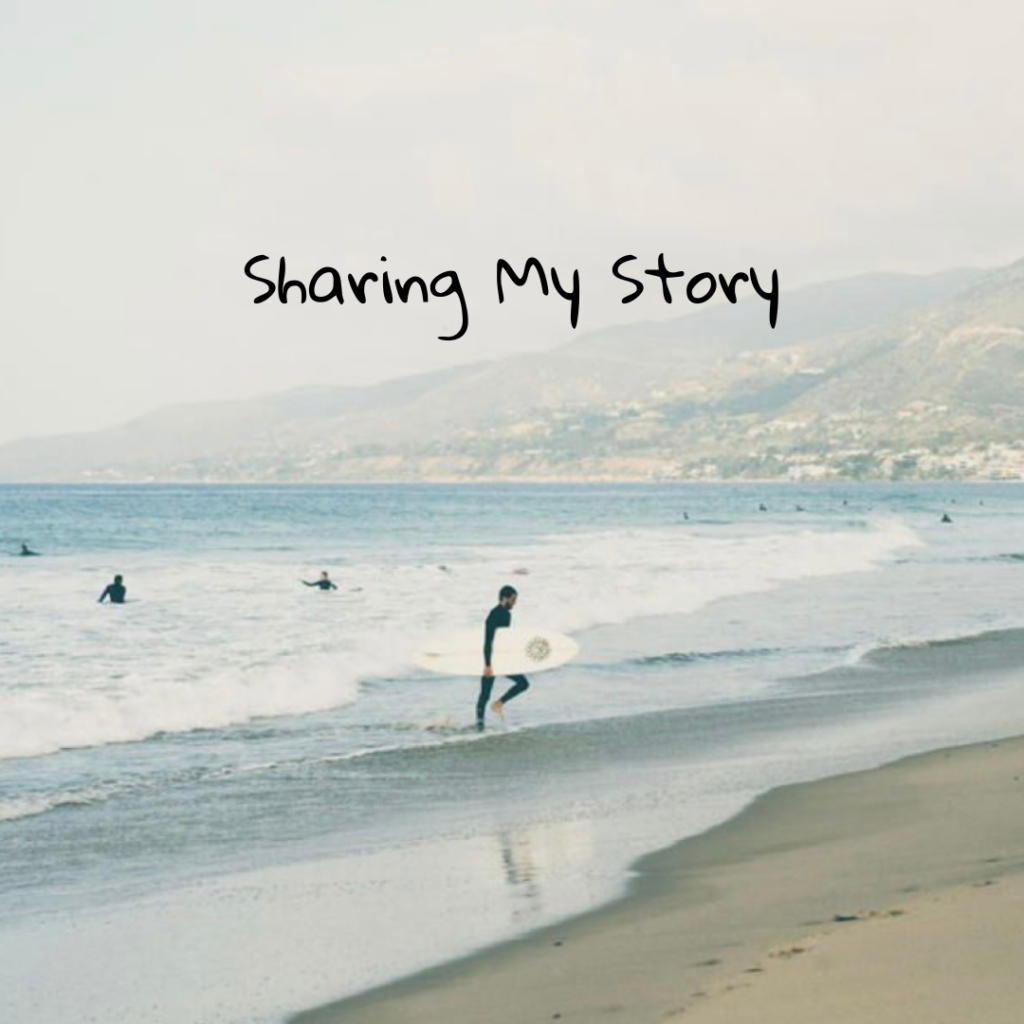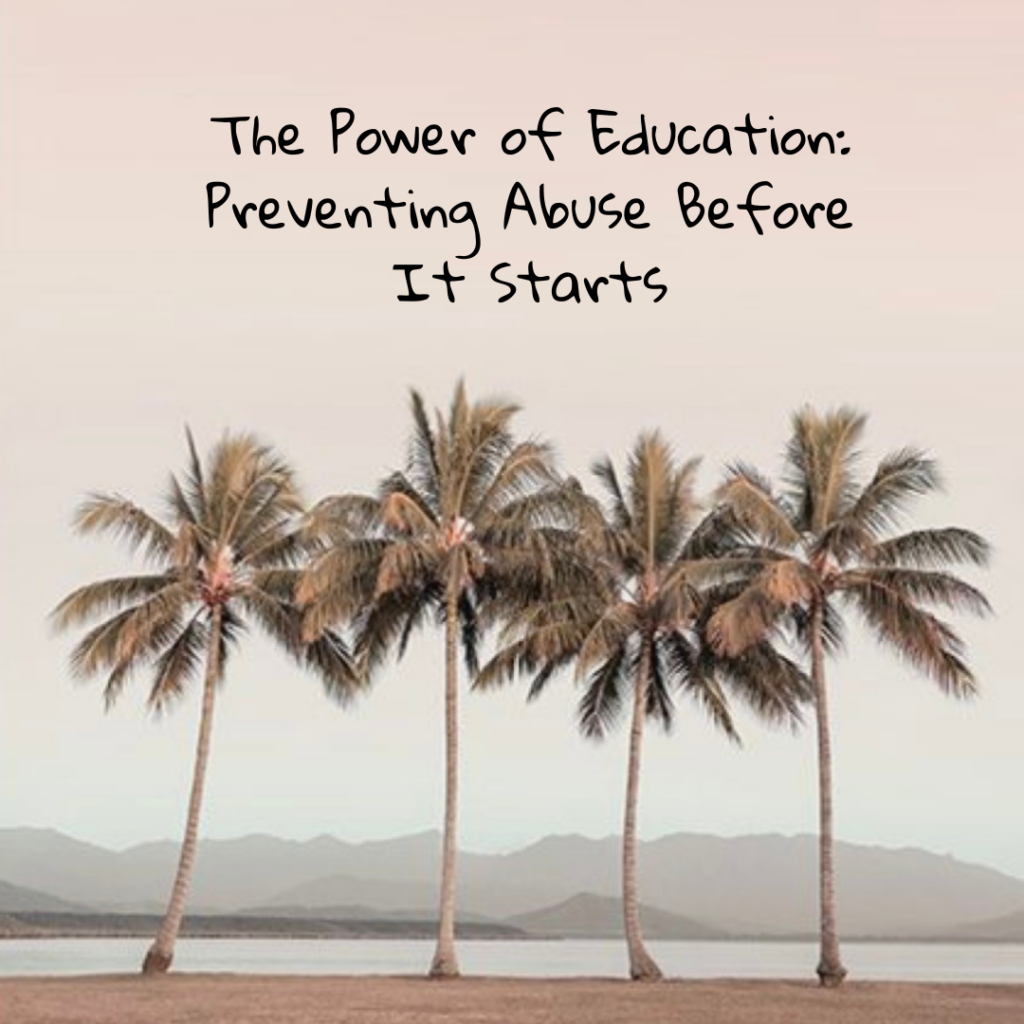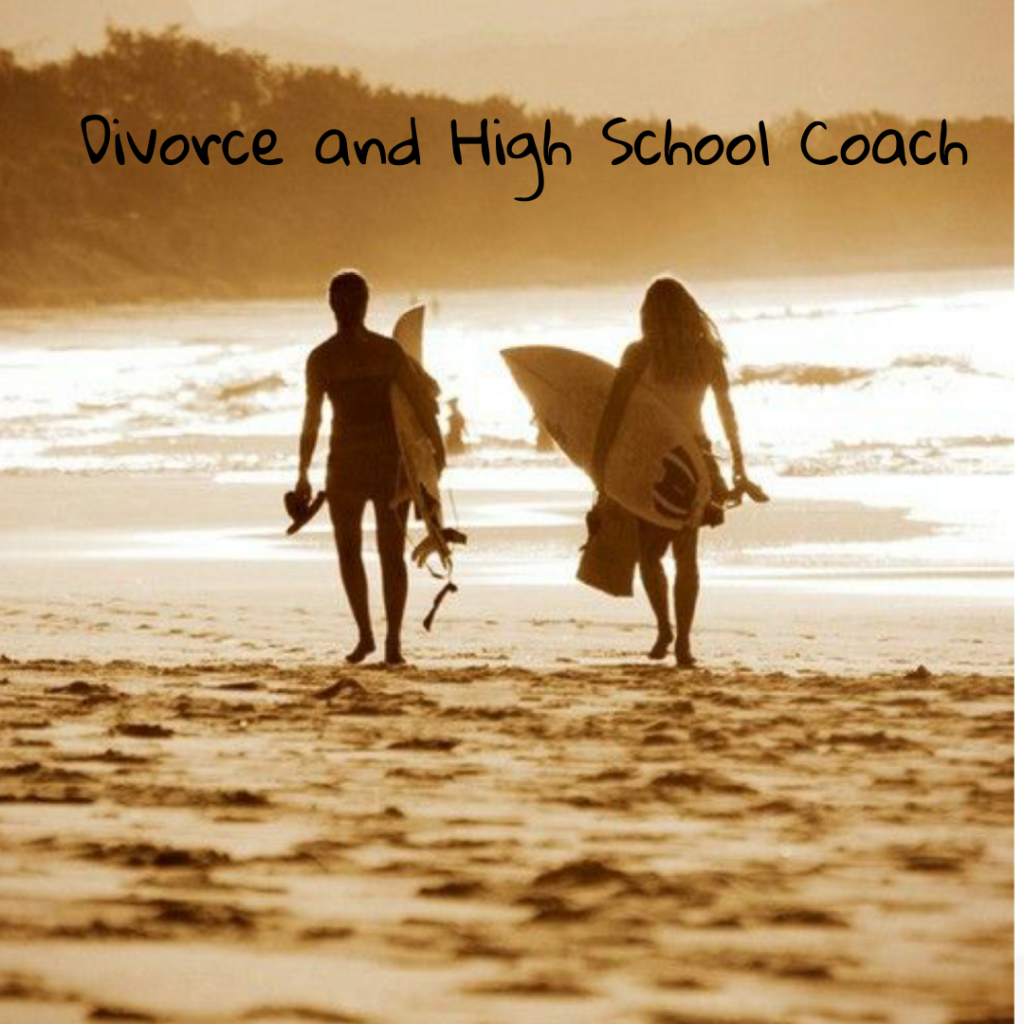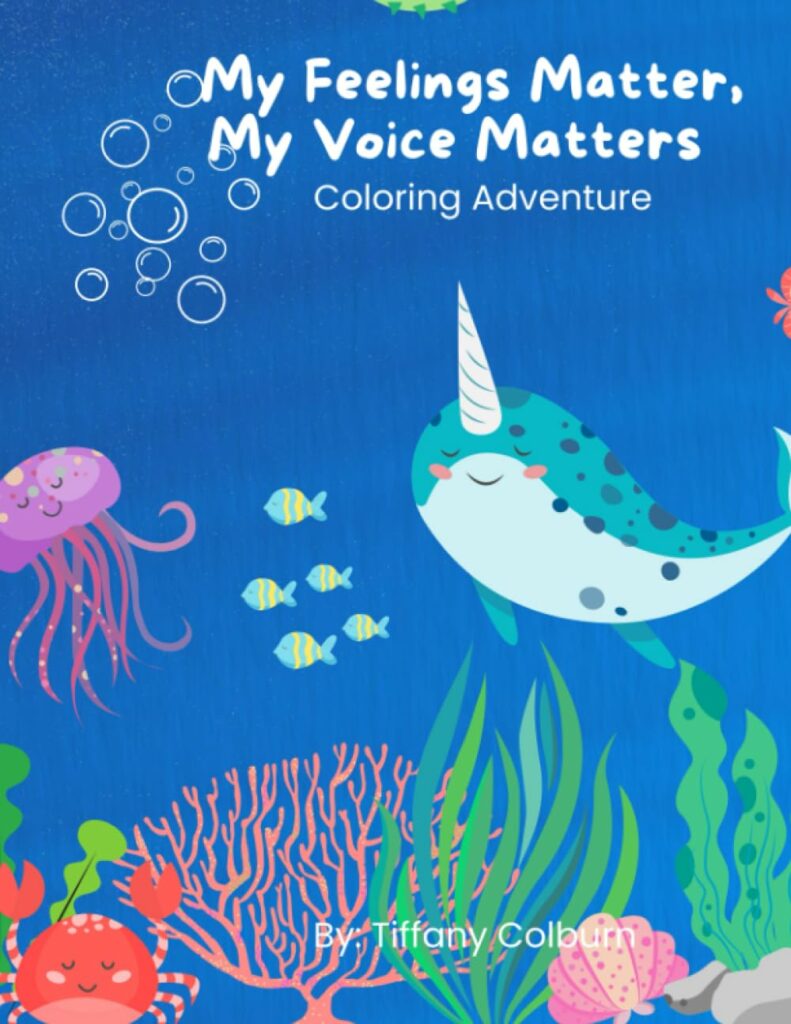A Simple Coffee Meeting Turned into a Life-Changing Opportunity
At the beginning of 2024, a coffee meeting with a friend sparked a new mission in my work with abuse prevention. This friend, who I had known since my youngest was a baby, reached out to discuss a new mom’s group she was starting. As we sipped coffee, our conversation naturally turned to my work with My Hidden Scars, where I focus on abuse prevention by teaching kids, teens, and families to recognize the signs of emotional and psychological abuse.

Sharing My Story: An Invitation to Speak
As we talked, she asked me if I would be willing to talk to her group and share my story. Without hesitation, I said yes. I’ve always believed that my journey—my struggles, my healing, and my growth—could help others walking a similar path. It’s one of the reasons I started *My Hidden Scars* and began coaching other women like myself.
We began discussing dates for me to speak to her group, and we realized that February—Teen Dating Violence Awareness Month—was the perfect time. When she asked if I could focus my talk on that topic, I immediately said yes. Reflecting on my own life, I realized how little I knew as a teen and young adult about the warning signs of abuse. The lack of knowledge led me down a painful road, one marked by over 20 years of abusive relationships. If only I had known then what I know now.
The Importance of Early Awareness
As I prepared for that first talk, I felt a mixture of excitement and anticipation. It was an important opportunity to share something deeply personal and hopefully help others. I thought about the younger version of myself—the one who didn’t know how to spot the red flags and who had never had anyone share what to watch out for when I started dating or even dealing with people. The truth is that emotional and psychological abuse often starts with subtle signs that are easy to overlook. Those small things can build up and trap you before you even realize what’s happening.
Connecting with Parents and Teens on Abuse Prevention
That first talk went better than I could have imagined. I shared my story with a group of women, some of whom I had known over the years and others who were hearing my story for the first time. They listened, learned, and asked great questions to help them understand how they could better support their kids. It became clear that this conversation was much needed—not just for those who had already experienced abuse but for anyone wanting to recognize the signs before it starts.
Reaching a Wider Audience Through Education
Not long after that, my oldest son—who was in grad school studying athletic training at Washington State University—reached out to me with a request. He asked if I could speak to one of his classes via Zoom about what I did. I told him I could do even better than that and shared that I had just done a talk on teen dating violence and the red flags to watch for. His class, made up of future athletic trainers, was learning about various topics that could affect the athletes they would work with. I saw this as an incredible opportunity—not only to help them recognize abusive relationships in others but also to help them reflect on their own personal relationships.

The Power of Education: Preventing Abuse Before It Starts
As I stood before that class of young adults on Zoom, I couldn’t help but think about the power of education. By teaching young people to recognize the early warning signs, we have the chance to stop abuse before it even starts. This experience solidified the idea that we must be proactive in educating kids, teens, and adults about healthy relationships.
Closing the Gap in Abuse Education for Kids and Teens
This is where my new project comes in. I realized there was a gap—a lack of education for young people on how to recognize abuse in both dating and non-dating relationships. Who is teaching them to see the red flags? How are we equipping them to navigate relationships and protect themselves from potential harm? I hadn’t been taught this, and despite leaving an abusive relationship myself, I hadn’t fully taught my own children what to look out for. Sure, they knew not to tolerate physical abuse or cheating, but what about the smaller, more insidious behaviors that can lead to control and manipulation?

My Role as a Divorce Coach and Working with Teens
As a divorce coach, I work with women who have been through or are trying to escape abusive relationships. My work focuses on helping them communicate effectively, document incidents of abuse, and prepare for court. While these areas are crucial, we rarely talk about the red flags of dating or the importance of educating their kids. Too often, the focus is on surviving and moving forward, but the lessons about recognizing and preventing abuse need to start earlier—before these patterns are passed on to the next generation.
Beyond my work as a divorce coach, I also coach high school swimming and water polo, working with teens for more than half of the school year. This role gives me a unique opportunity to connect with young people regularly. I see firsthand how important it is to teach them the value of healthy relationships and boundaries. It reinforces the urgency of this project and my commitment to helping teens recognize the subtle signs of abuse so they don’t fall into dangerous patterns as they grow older.
Launching a New Abuse Prevention Project
That’s why I’ve created a new project aimed at addressing this gap in education. My mission is to teach kids, teens, young adults, parents, teachers, coaches, church leaders, and anyone who can help and teach kids how to recognize the warning signs of abuse. But it’s not just dating abuse I’m focused on. Abuse often manifests in subtle ways, even from a young age, and recognizing those small red flags early can prevent a lifetime of harm. This is why I’m creating resources that cater to all age groups—from kids to young adults—so we can teach everyone, regardless of age, how to spot and stop abuse before it becomes deeply ingrained.

Resources to Help Kids and Teens Recognize Abuse
I’m incredibly proud to say that I’ve already developed a coloring book for kids called “My Feelings Matter, My Voice Matters.” This book is designed to help children express their emotions, understand their boundaries, and learn that their voices matter. It’s an age-appropriate way to start conversations about consent, respect, and healthy relationships. But this is just the beginning. I’m also working on creating more resources, including books for older kids and teens, to help them navigate the complex world of relationships as they grow.
How You Can Help: Join the Journey to Prevent Abuse
I plan to continue speaking at schools, churches, women’s groups, and anywhere else welcoming me to share this critical message. It’s not just about telling my story—it’s about equipping others with the knowledge and tools to recognize abuse, support survivors, and prevent unhealthy relationships from forming in the first place.
This project is deeply personal to me. It’s not just about my healing journey; it’s about using what I’ve learned to help others. I want to ensure that no one else has to spend years in an abusive relationship simply because they didn’t know the warning signs. The only way to truly break the cycle is to educate the next generation. And that means starting early, teaching our kids and teens how to see the subtle signs of manipulation, control, and emotional abuse—before they take root.
Visit My Website and Stay Connected
If you’re interested in learning more or would like to invite me to speak at your next event, I invite you to visit my new website, www.tiffanycolburn.com. There, you can read my blog posts, explore books I’ve written, discover books I recommend, and join my mailing list to stay updated on the latest news, resources, and where I’ll be speaking next.
Be sure to follow me on Facebook and Instagram, and keep your eyes open for new books and updates. If you or someone you know would like me to come and speak to your group, please don’t hesitate to reach out. Together, we can make a difference. By teaching our kids, teens, and young adults how to recognize abuse, we can create a future where love is safe, respectful, and empowering for everyone.





Would love any suggested reading or resources for teaching kids about signs of abuse in dating. Son is 14, daughters are 12 and 10 and I left their abusive dad 8 years ago but we split time. All the DV out there is heartbreaking and I’m especially interested in addressing it in affluent households. I know many a lawyer mom victim of it and there seems an extra layer of shame and disbelief it could happen to highly educated women. And we all want to prevent our kids from walking the same plank we did.
Thank you so much for your comment. I feel this deeply—especially what you said about wanting to break the cycle for your kids. I’m actually working on a series of books and speaking opportunities to help parents and teens recognize the hidden signs of abuse, especially in dating. It’s something I wish I had when I was younger—and something I think so many of us needed before we ever saw the red flags.
I also have an educational website that’s just for moms like us who’ve lived through it and are trying to protect and educate our kids: http://www.tiffanycolburn.com. I’d love for you to check it out and follow along—there’s so much more coming, and this is exactly who I create it for.
You’re definitely not alone in this. 💛
I see the damage happening to my grandchildren, I fought the endless cycle of abuse thinking I had kept my kids from living the same life. Yet I see my daughter excusing and explaining away to me what I know is verbal abuse, she knows I’ll speak and the problems my words will cause. And how I understand her thinking. As I watch my other daughter leaving one bad relationships into one I can already set will be even worse and very violent in time. My son’s wife is so insecure and controlling I never see him and rarely speak to him and never without her presence. I’ve come to understand that all my over the top , I’m gonna stop it, calling it out , only cuts me off and makes it worse. My grandson got body shames and lightly pushed around by youth director his dad screams are volcanic and I have instant flight but the kids can run. I have highly intelligent grandkids who I see are losing that capacity the had to learn. Dumbing them down with every insult, I hear the kid say I’m sorry I’m not perfect. Took me to 58 years old to instantly catch the small things that lead to intrapment. Being guilty ect. I instantly catch it and it keeps me from going into the abusive situation. They need this skill to navigated life as something more than a survivor of abuse.
I see the damage happening to my grandchildren, I fought the endless cycle of abuse thinking I had kept my kids from living the same life. Yet I see my daughter excusing and explaining away to me what I know is verbal abuse, she knows I’ll speak and the problems my words will cause. And how I understand her thinking. As I watch my other daughter leaving one bad relationships into one I can already set will be even worse and very violent in time. My son’s wife is so insecure and controlling I never see him and rarely speak to him and never without her presence. I’ve come to understand that all my over the top , I’m gonna stop it, calling it out , only cuts me off and makes it worse. My grandson got body shames and lightly pushed around by youth director his dad screams are volcanic and I have instant flight but the kids can’t run. I have highly intelligent grandkids who I see are losing that capacity they had to learn. Dumbing them down with every insult, I hear the kid say I’m sorry I’m not perfect. Took me to 58 years old to instantly catch the small things that lead to intrapment. Being guilted ect. I instantly catch it and it keeps me from going into the abusive situation. They need this skill to navigated life as something more than a survivor of abuse. But they need it now not at the end of life or the way I’ve acquired the knowledge.
Thank you for sharing this—it’s heartbreaking and so powerful. I can feel how much you love your family and how deeply you understand the patterns playing out. It’s one of the most painful things: doing the work to break the cycle and then watching the next generation walk into the same storm you fought so hard to escape.
You’re right—naming it, calling it out, trying to stop it…it doesn’t always land the way we hope. Sometimes it pushes them further in. And that can make you feel helpless when all you want is to protect them.
But your insight does matter. The way you see the patterns now, the way you name the guilt, the control, the dumbing-down—it’s something so many people never reach. Even if they can’t hear you right now, you’re planting seeds. And you’re showing your grandkids—just by being the safe one who sees them—that there’s another way.
You’re not alone in this. I’m really grateful you took the time to write this here. You’ve said what so many others are feeling but don’t know how to put into words.
If you ever want to talk or need someone who gets it, I’m here. You can always reach out through the contact page or check out some of the free resources I’ve put together for situations just like this.